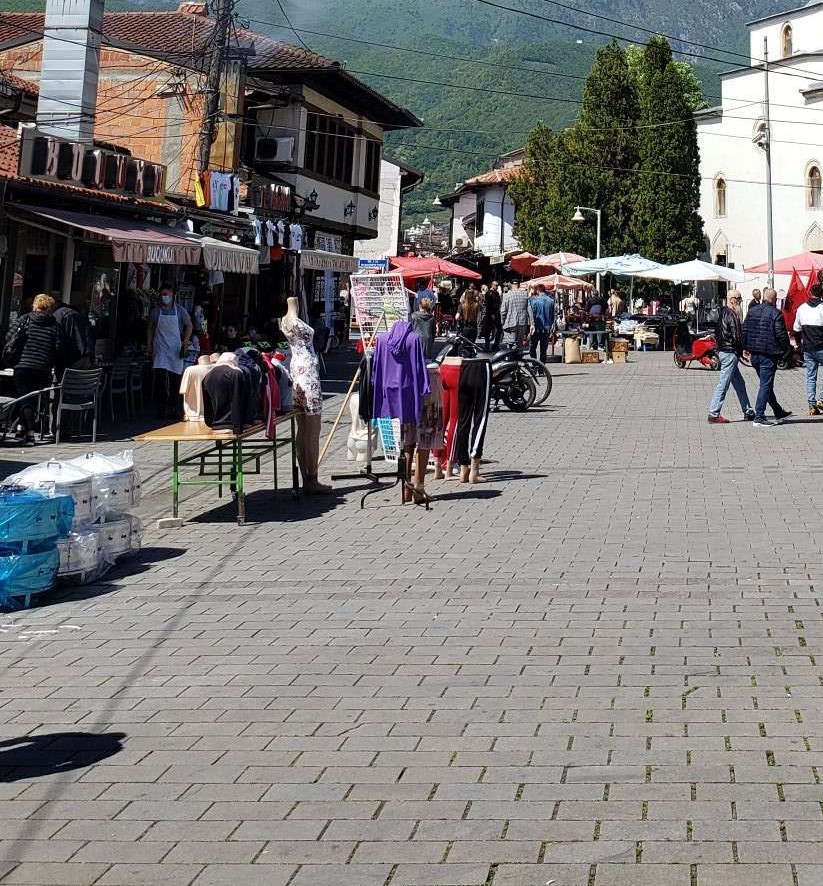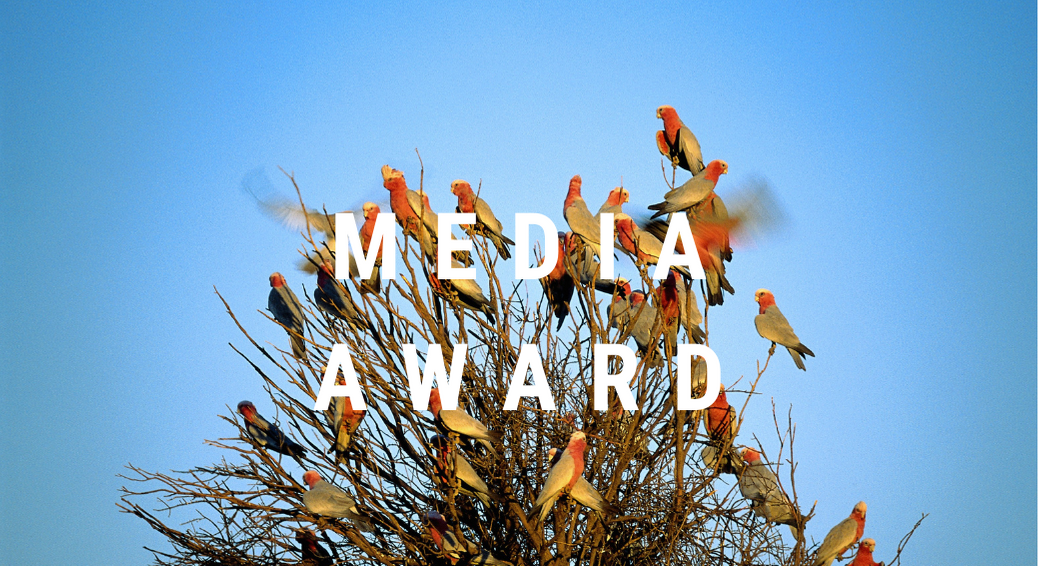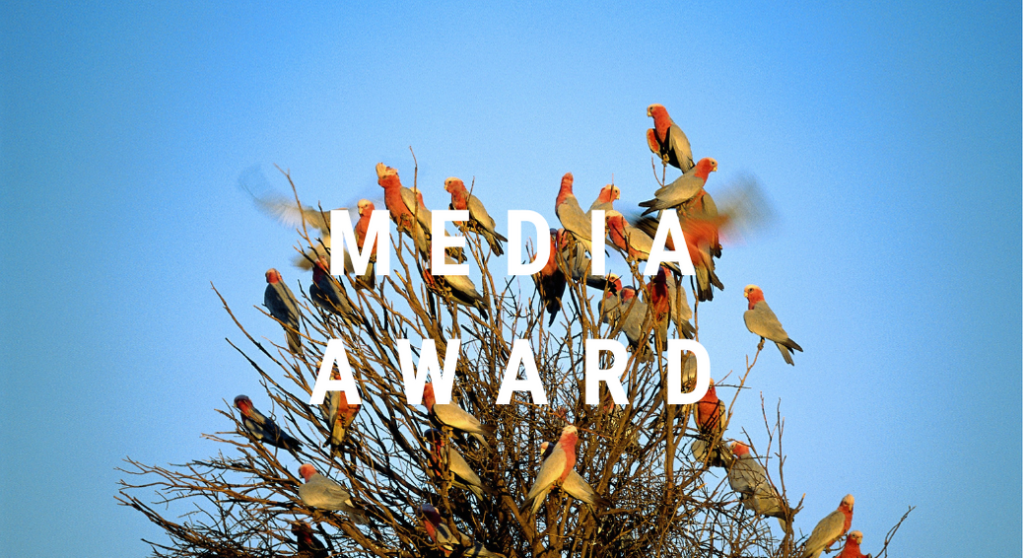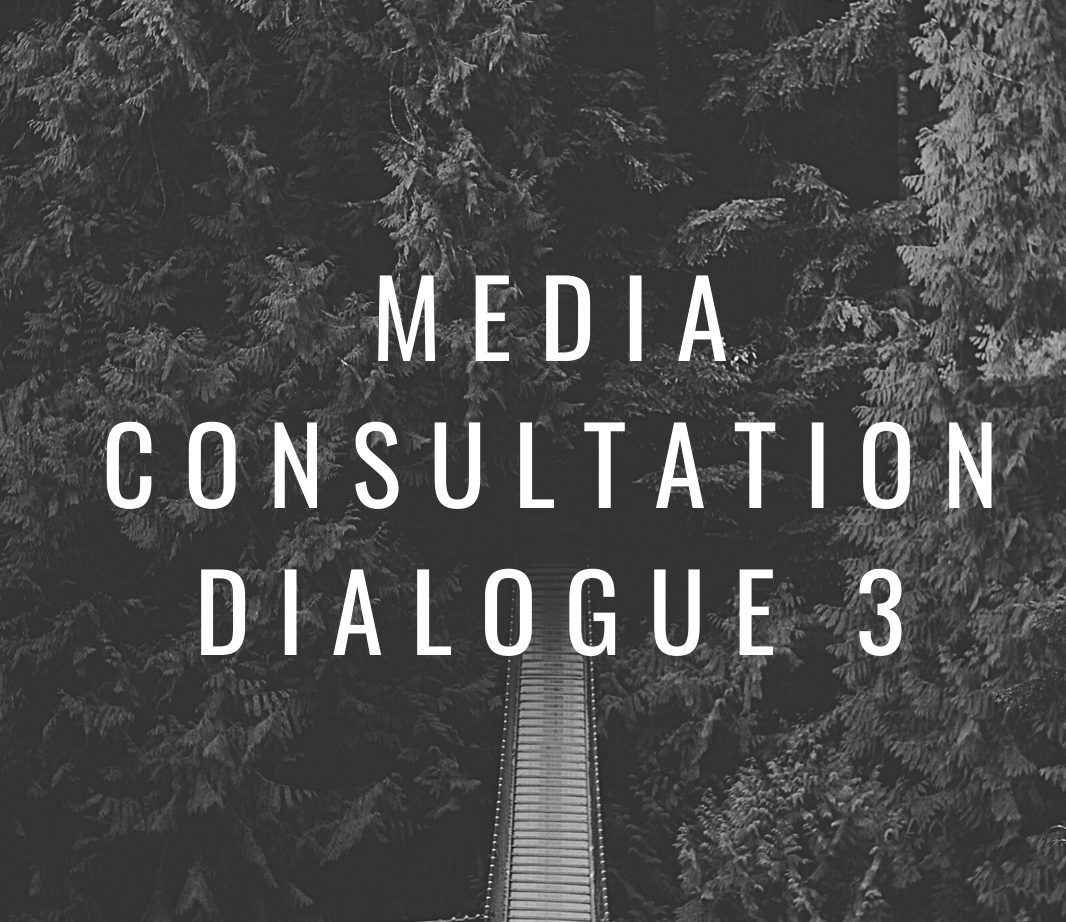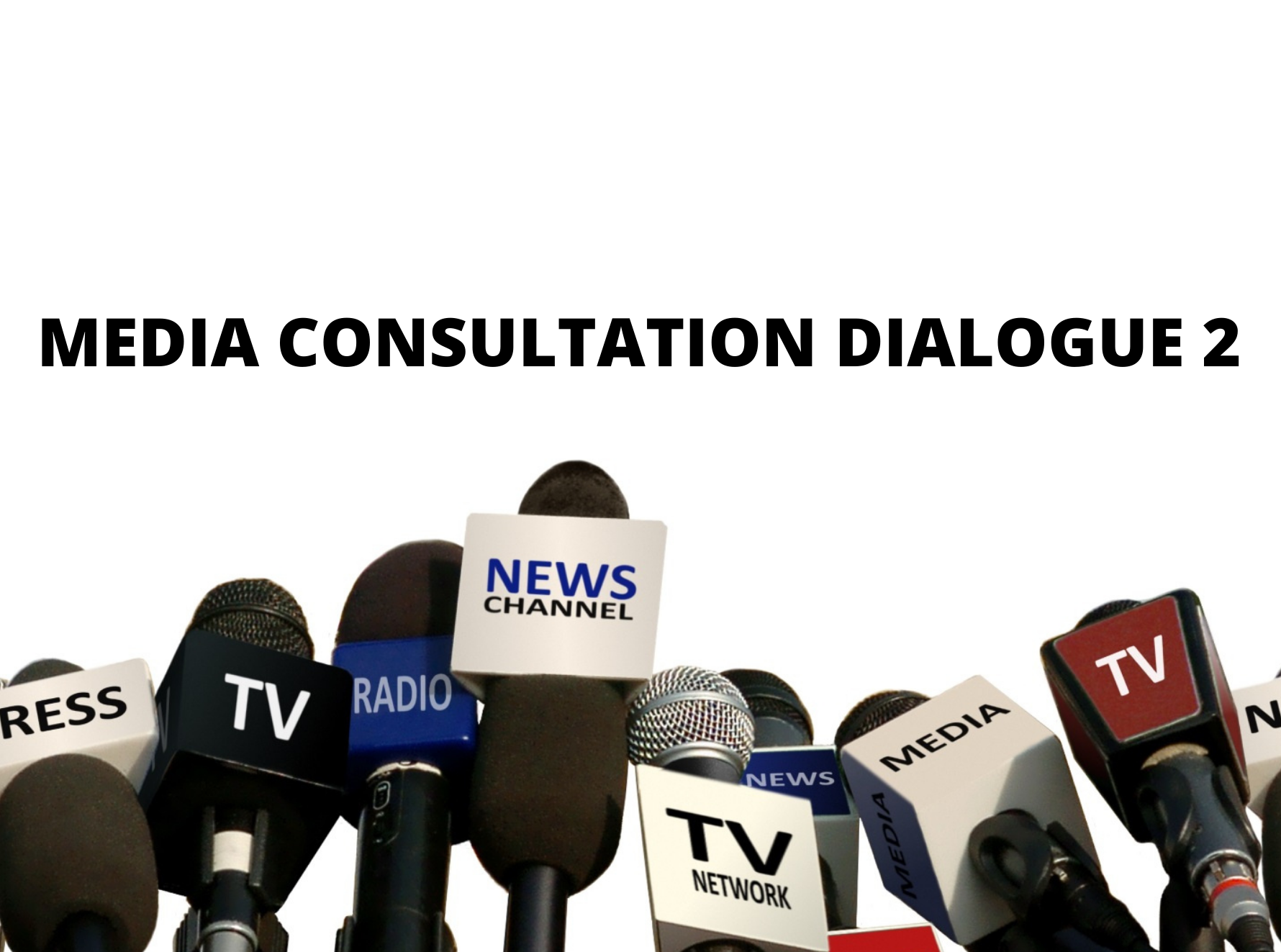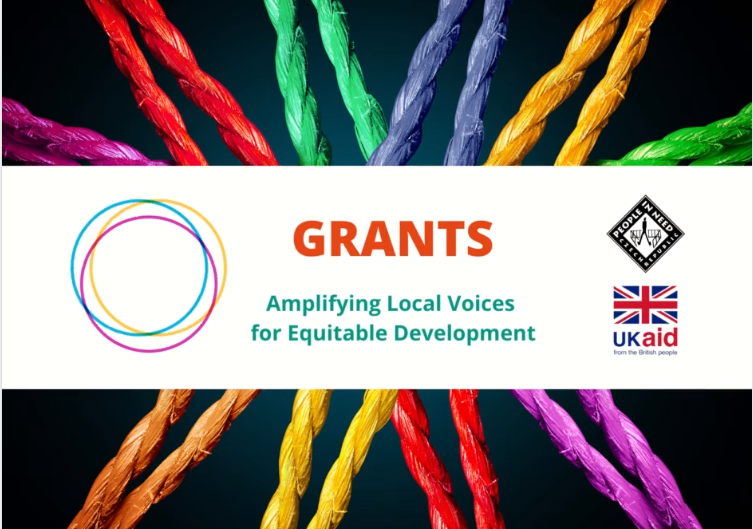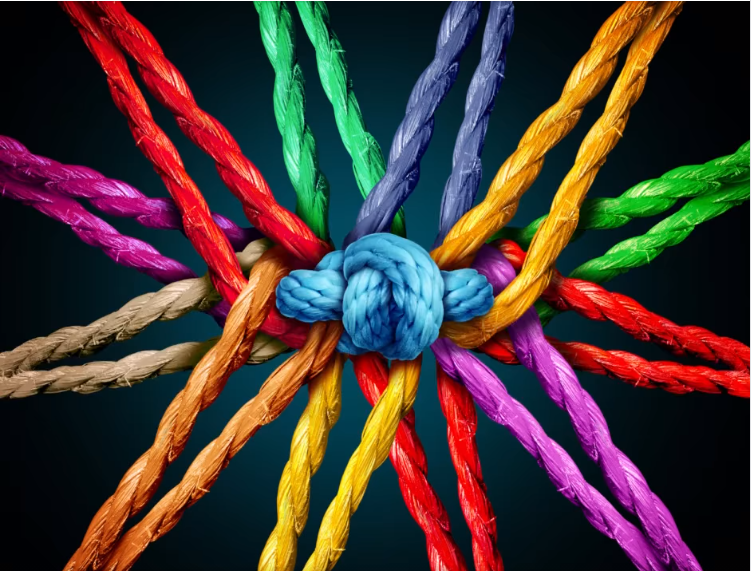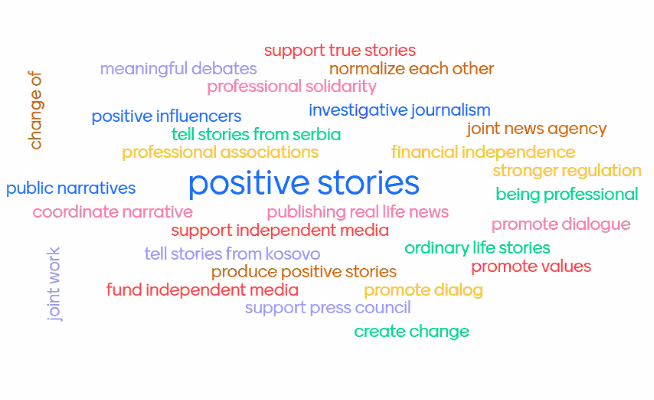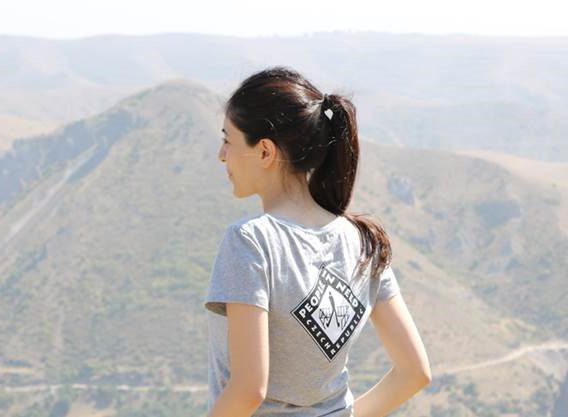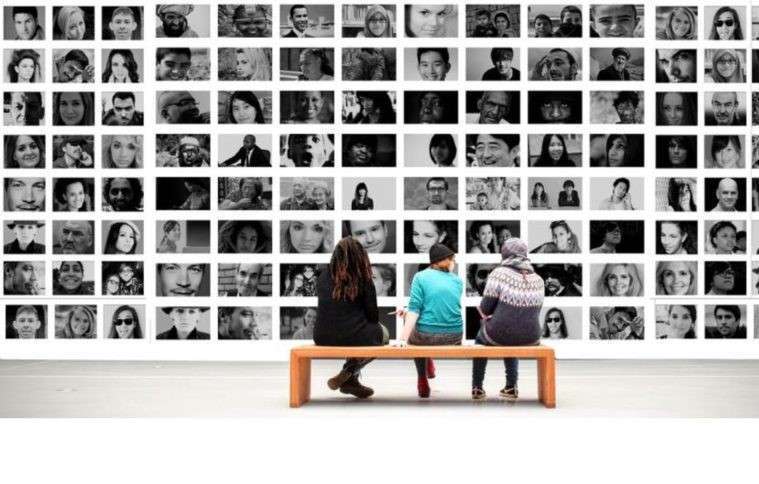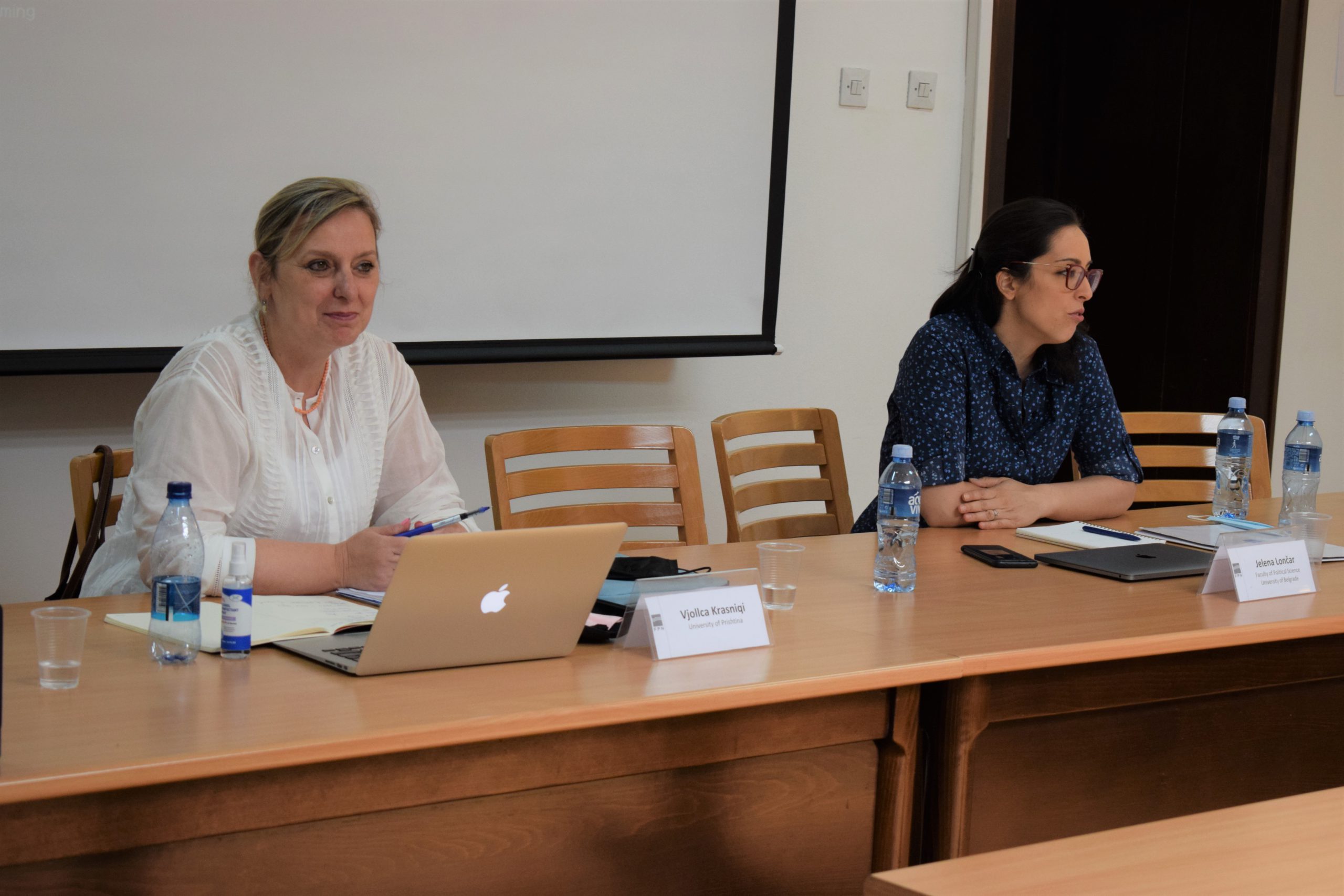
Peaceful Change initiative is pleased to present new research, jointly undertaken by the Universities of Belgrade and Prishtina, which explores the current landscape of cross-community initiatives in Serbia and Kosovo.
The research – which was undertaken as part of the UK-government funded project, ‘Amplifying local voices for equitable development’ – sought to explore two key dimensions. First, the standing of civil society organizations (CSOs) amongst the very constituencies and communities that they claim to represent. Second, the new issues which have mobilized citizens who had not previously been civically engaged, the reasons for why such mobilizations have been successful.
One of the key recommendations deriving from the research is that civil society should continue to promote equality, solidarity, and reciprocity, and to counteract divisive and ethnicized narratives on identity and dealing with the past. As such, civil society organisations should be encouraged to engage with difficult topics and issues that concern communities, and not only foster issues deemed less political in their cross-community initiatives.
As Dr. Jelena Loncar, an Assistant Professor at the Faculty of Political Science, University of Belgrade, and one of the research leads, concluded, ‘in Kosovo civil society is more forward looking, more optimistic than in Serbia, with more developed intra- and inter-community co-operation at the local level. On the other hand, in Serbia, the main impression is a lack of hope and motivation for activism, with participants insisting on the lack of expertise, resources and visions of the future. At the same time, we noticed there are emerging youth organisations that give hope that grassroots activism is possible.’
Dr. Vjollca Krasniqi, a Profesor of Sociology, at the Faculty of Philosophy, University of Prishtina, who also spearheaded the research, emphasized that, ‘the history of conflict has left a difficult legacy, both in Kosovo and in Serbia, and also for civil society organisations. They have to restore trust – promote tolerance and co-operation – between communities. One important finding is that civil society organisations believe cross-community initiatives are important and relevant to foster inter-ethnic relations, even despite the fact the main narratives remain divided.’
Dr. Orli Fridman, head of the Center for Comparative Conflict Studies at the Faculty of Media and Communications (FMK), Singidunum University, and an advisor on the researcher, added that ‘the strength – even the beauty – of the research is its rich empirical data. There are some excellent quotes from participants demonstrating the presence of the fieldwork itself. As a result, the report reflects a complex and more nuanced reality on the ground, which challenges what is out there in terms of daily discourses.’
The research is available to download from the PCi website by visiting:
For further information about the research, please contact Ian Bancroft (ian.bancroft@peacefulchange.org).

